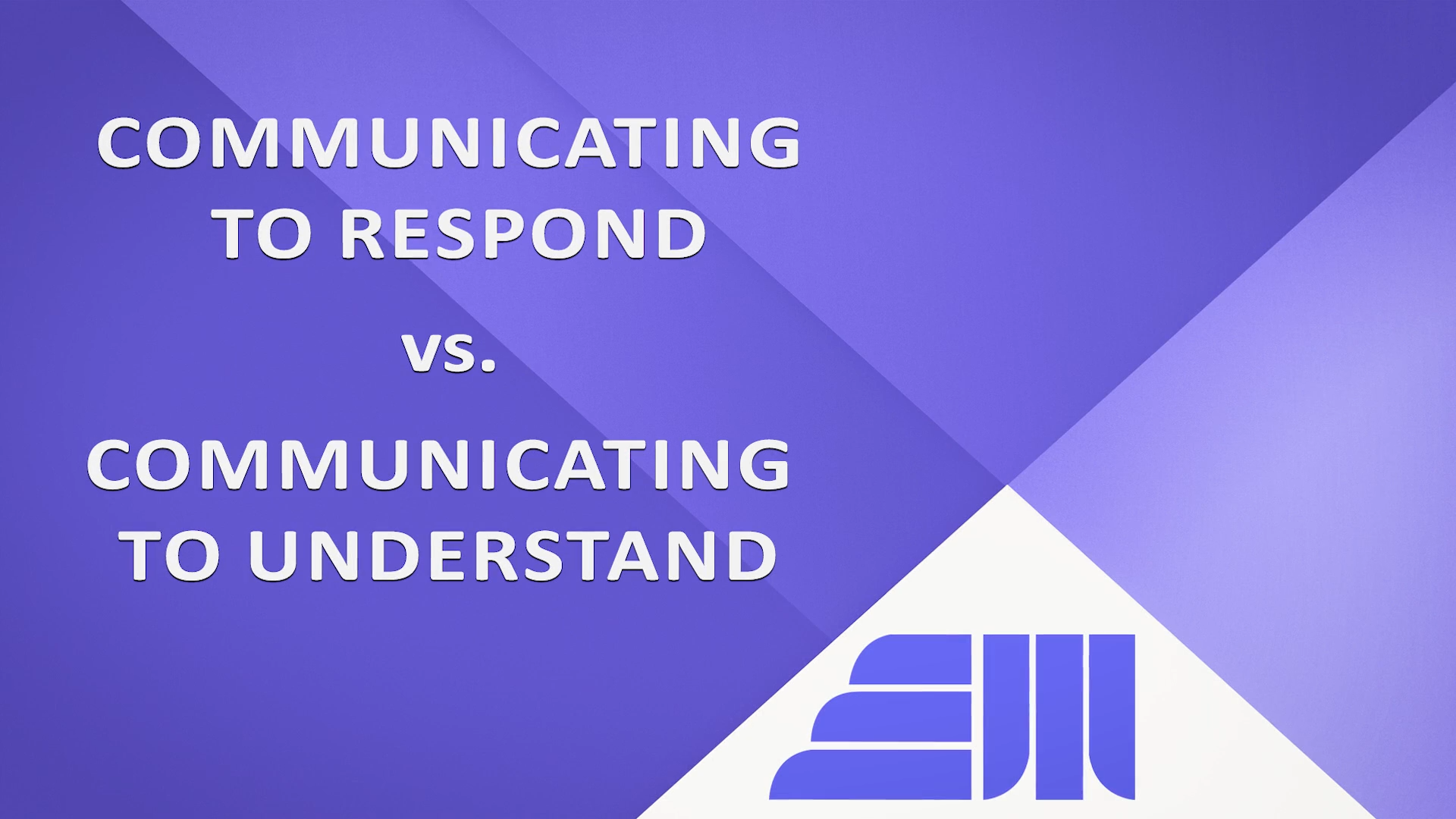
Distinguish Your Leadership with the Combination of Passion and Compassion
Being a passionate leader is no longer enough. Great leaders balance fire with empathy, drive with discernment, and urgency with understanding...

Founder
By Gerald Parsons • Jan 12, 2023
Procrastination is not a problem of time management or of planning. Procrastinators are not different in their ability to estimate time, "Telling someone who procrastinates to buy a weekly planner is like telling someone with chronic depression to just "cheer up." Procrastinators disengage because they don’t self regulate. Self discipline is a monumental task so procrastinators tell themselves lies like “I’ll do that tomorrow" or “I am better under pressure”, then when tomorrow comes or pressure is added it is always someone else’s fault. So they shift failure or poor performance to situations, other people, circumstances and distractions.
Procrastinators destroy team work, relationships and foster resentment from others. So let's resolve to flip the script on the perils of procrastination. Try this:
Bonus tip: Forgive yourself. Stop beating yourself up about the past. Thoughts such as “I should have started earlier” or “I always procrastinate; I am such a loser” will only make matters worse.
Research shows that forgiving yourself for past procrastination will help you stop putting off working on a task.
These tips will help you defeat the perils of procrastination and make tasks, situations, and circumstances more meaningful and productive.

Being a passionate leader is no longer enough. Great leaders balance fire with empathy, drive with discernment, and urgency with understanding...

Founder

When communication breaks down, so does trust. And when trust disappears, so does engagement, performance, and retention...

Founder

In todays rapidly evolving business landscape, organizations are increasingly recognizing that their most valuable asset isn't their technology, infrastructure, or even their intellectual property—it's their human capital.

Founder